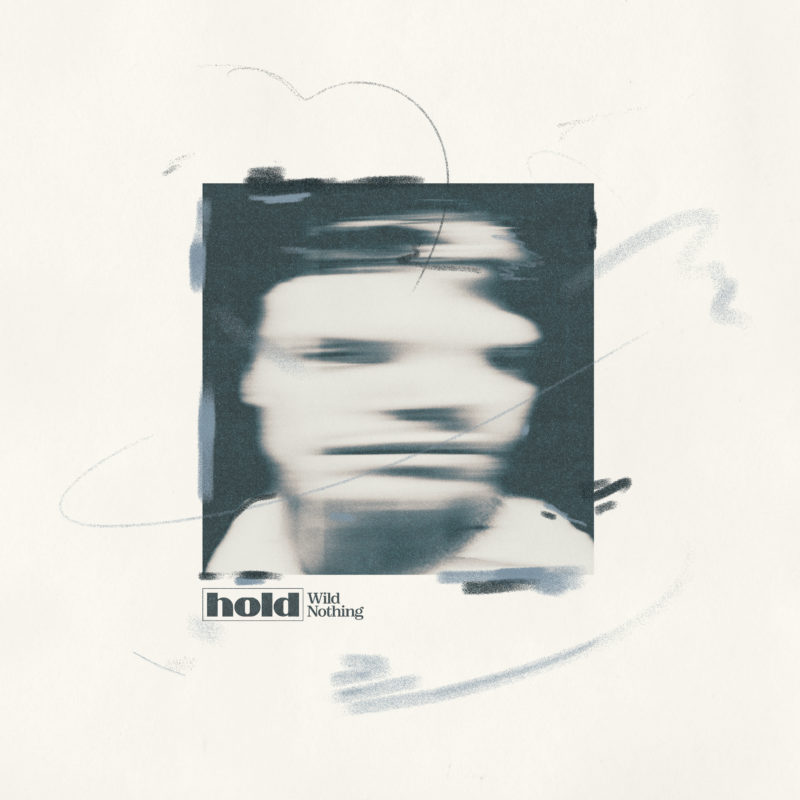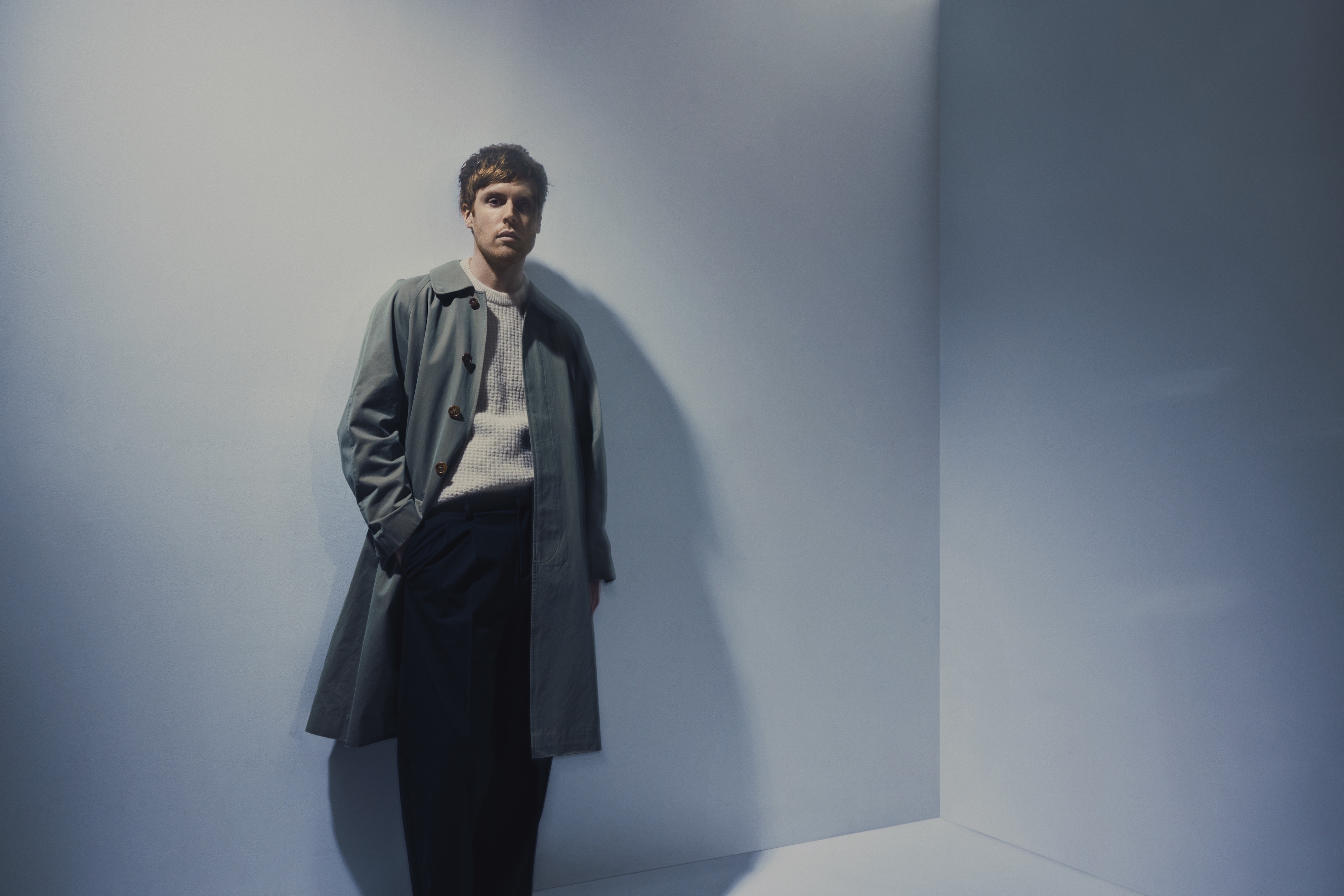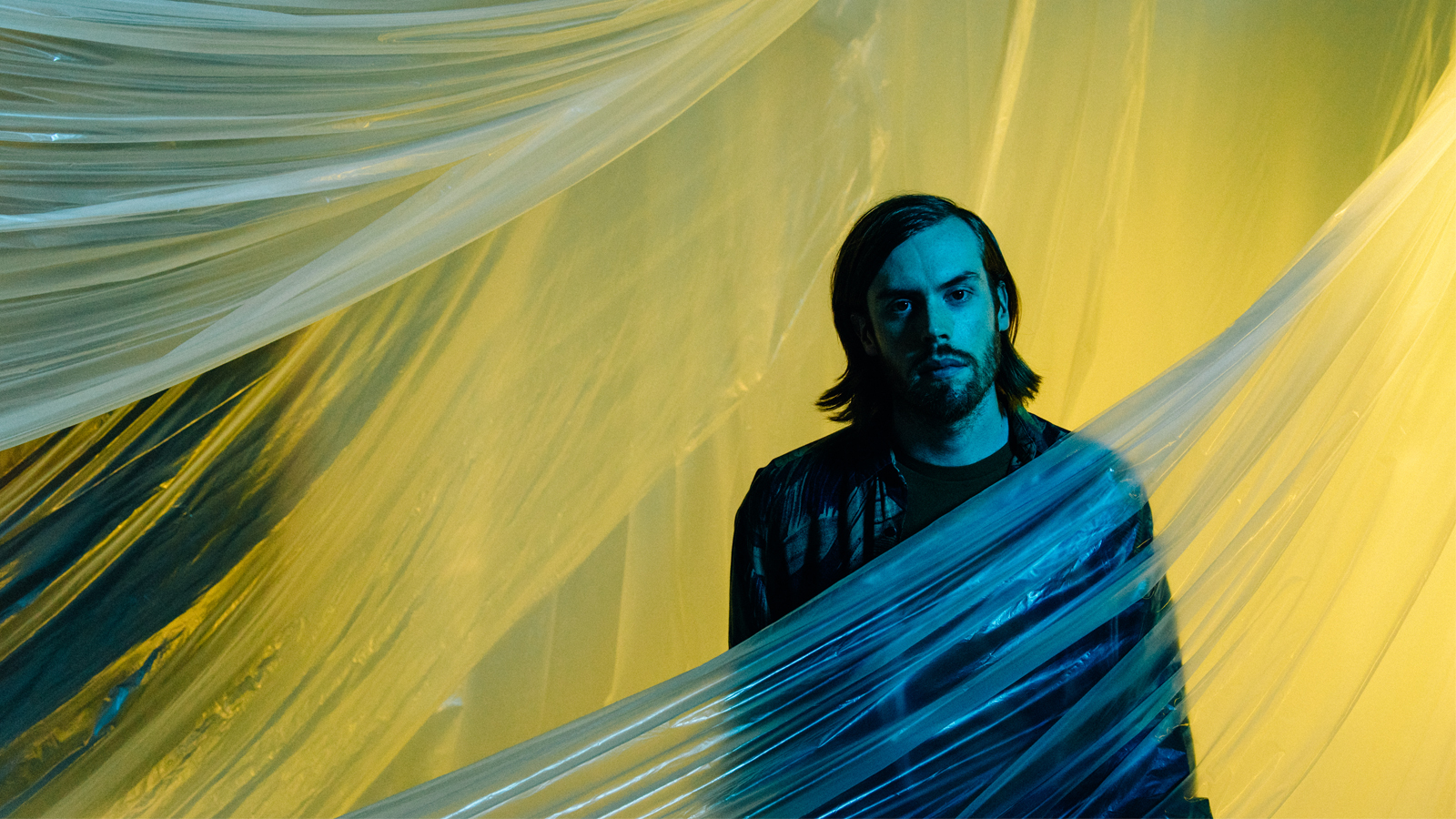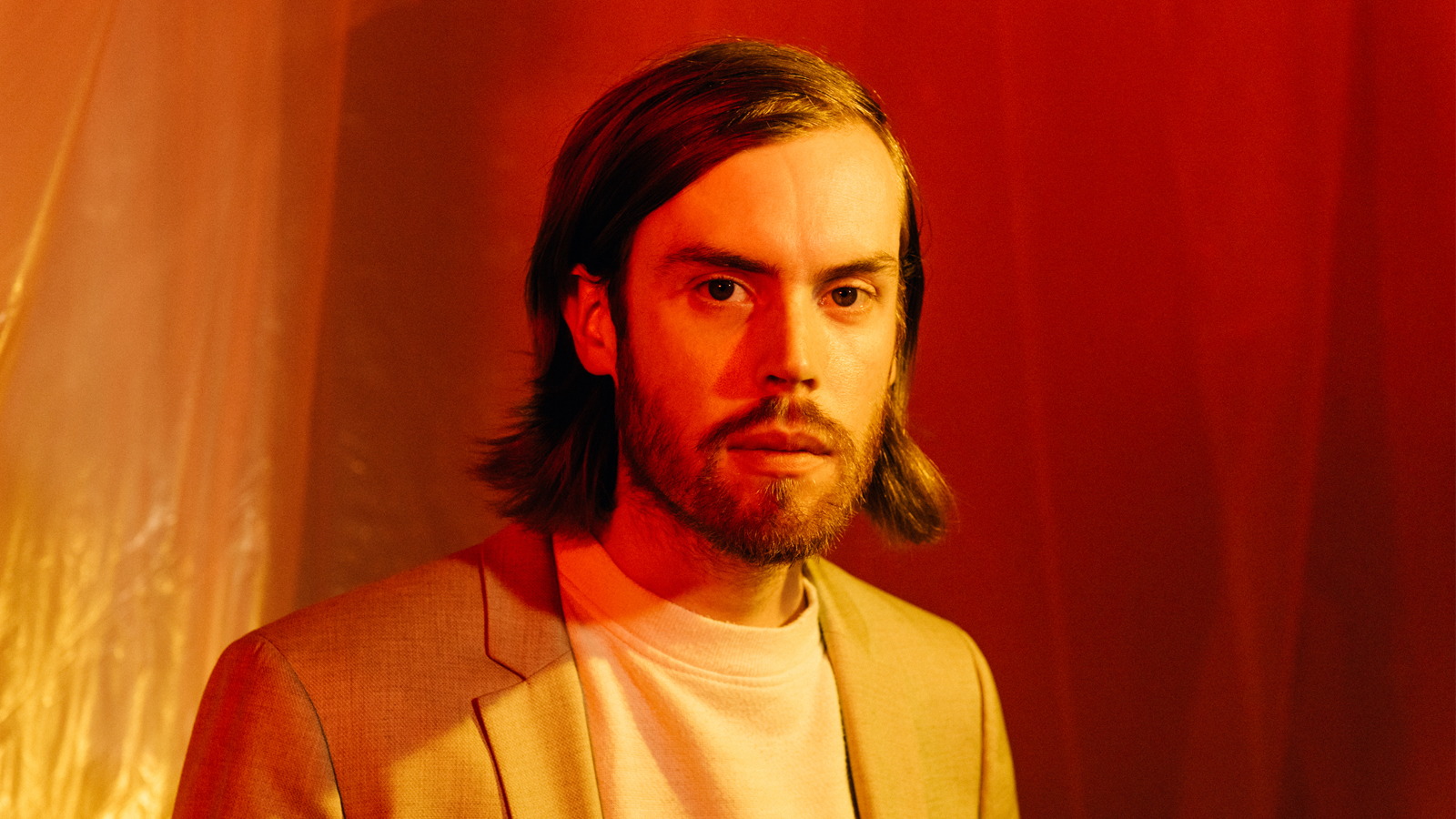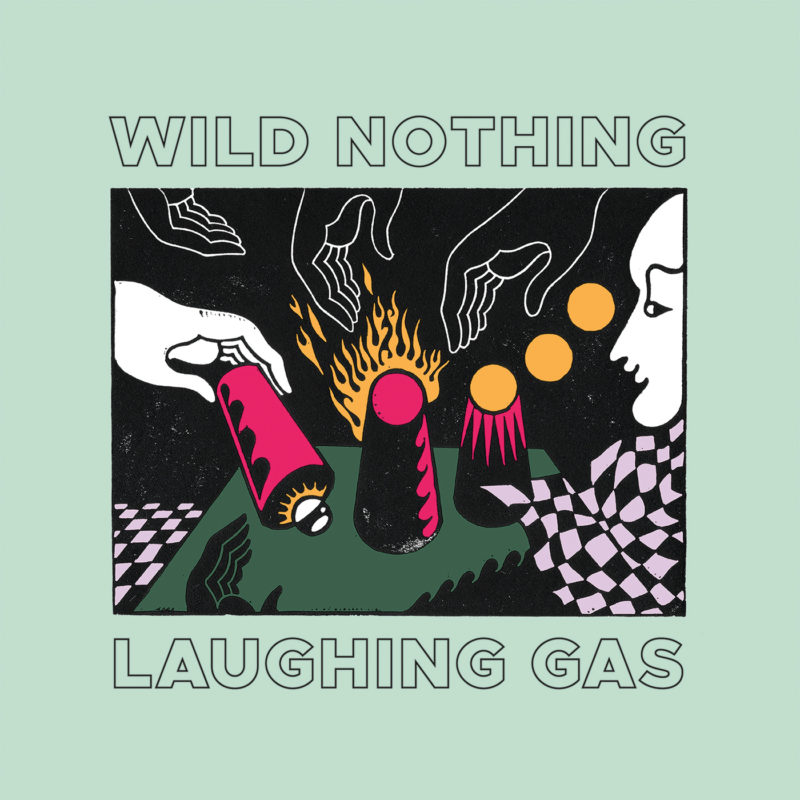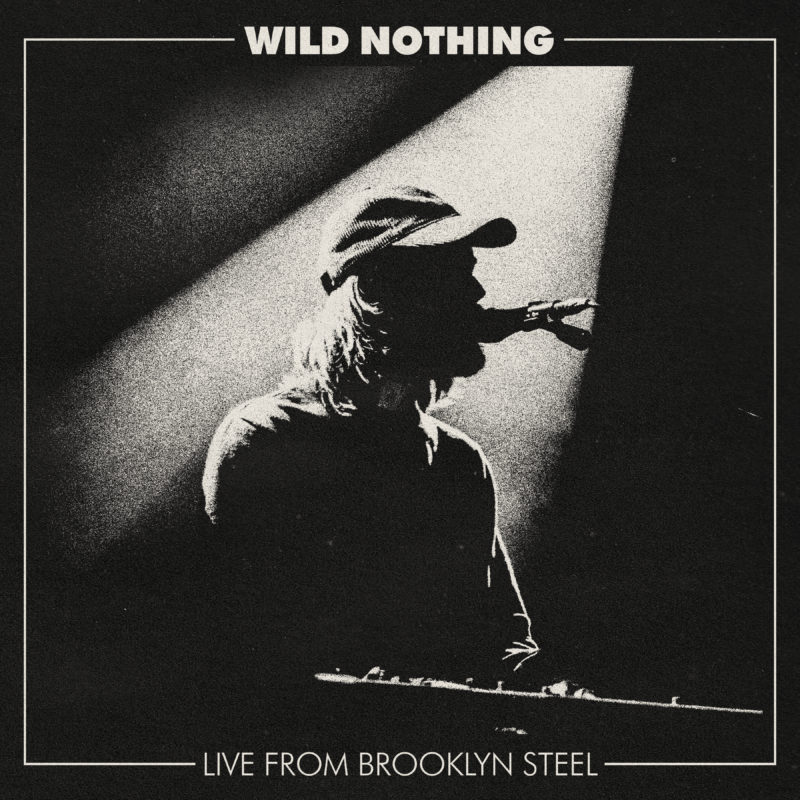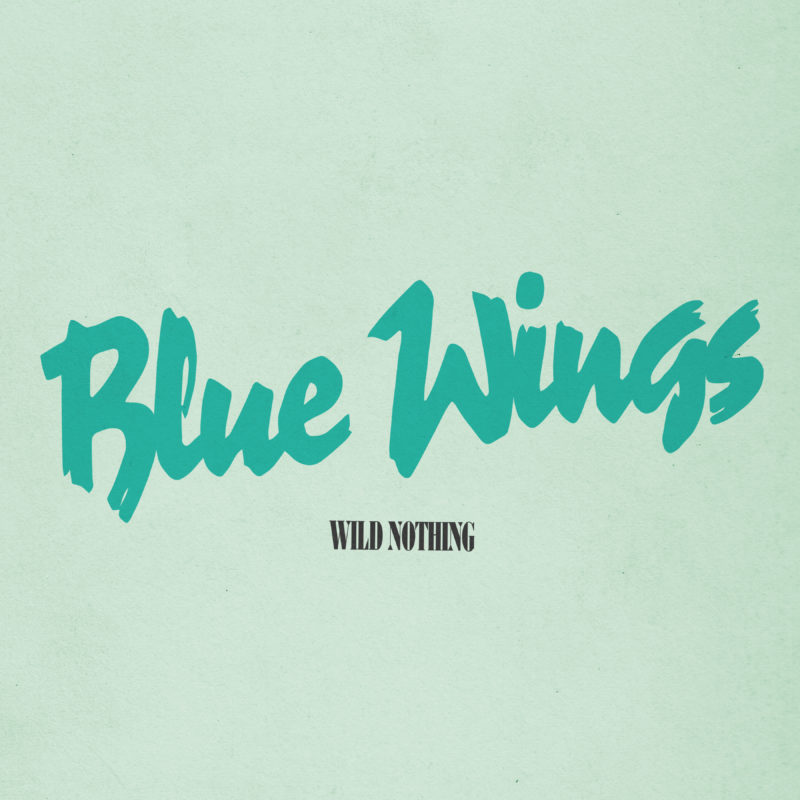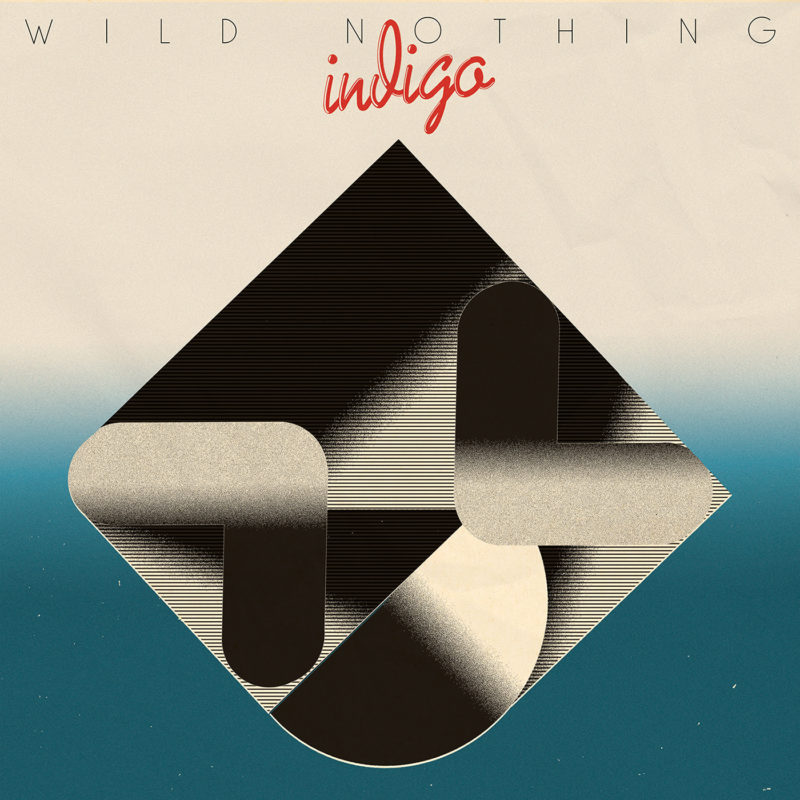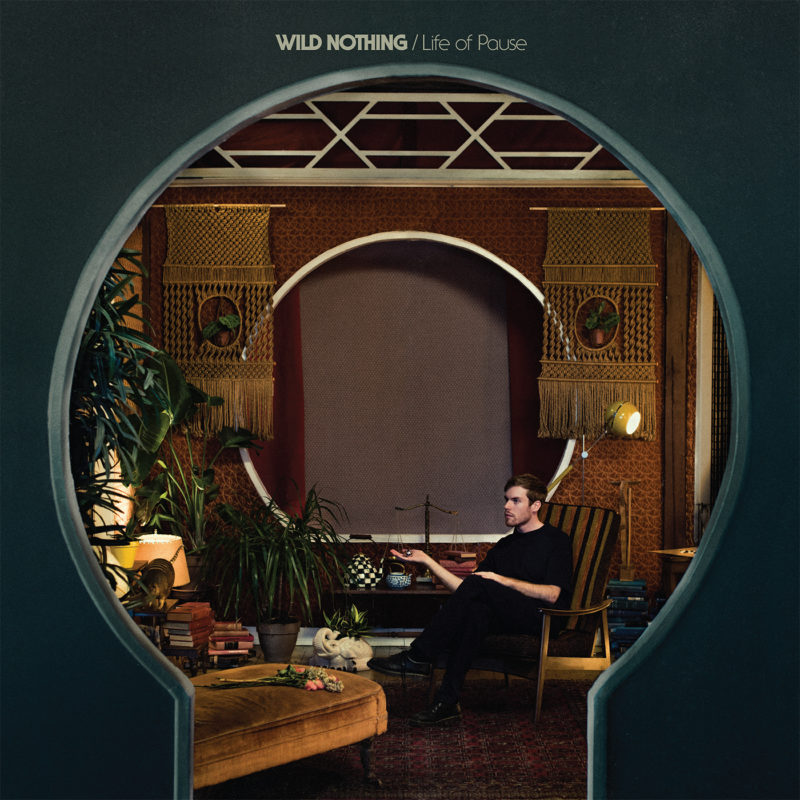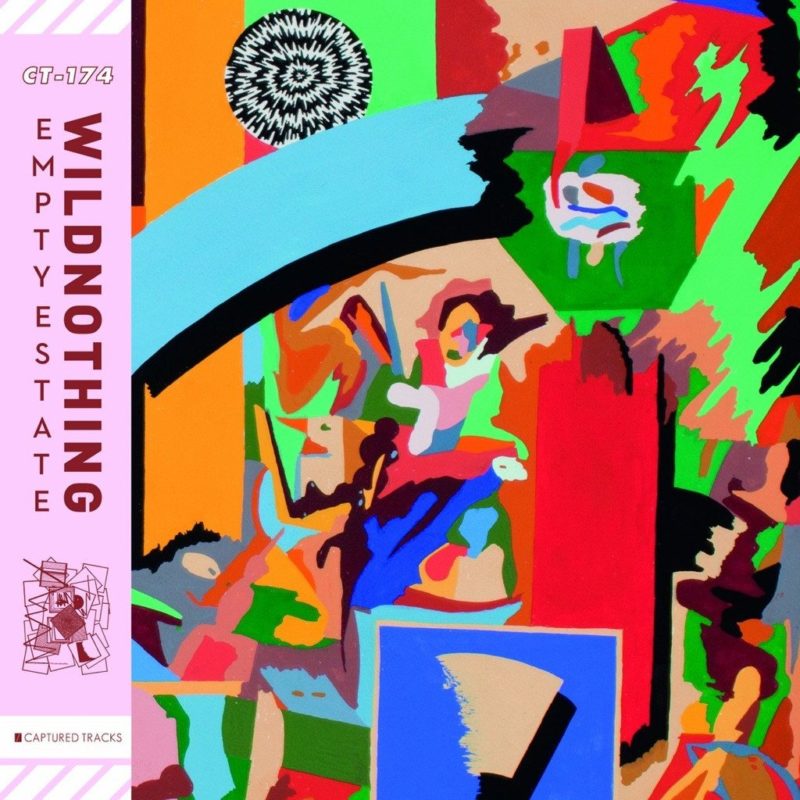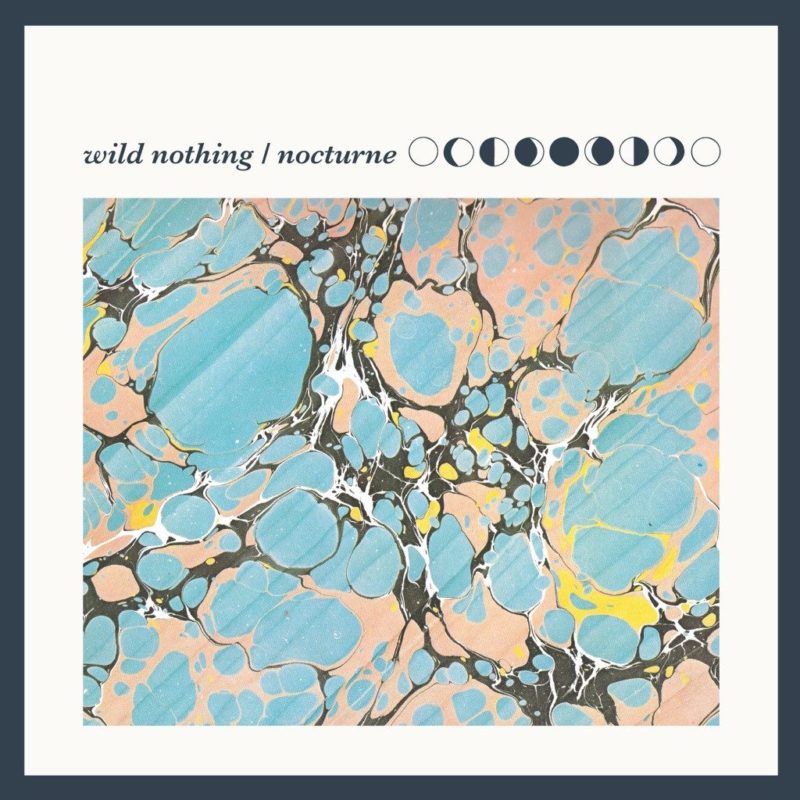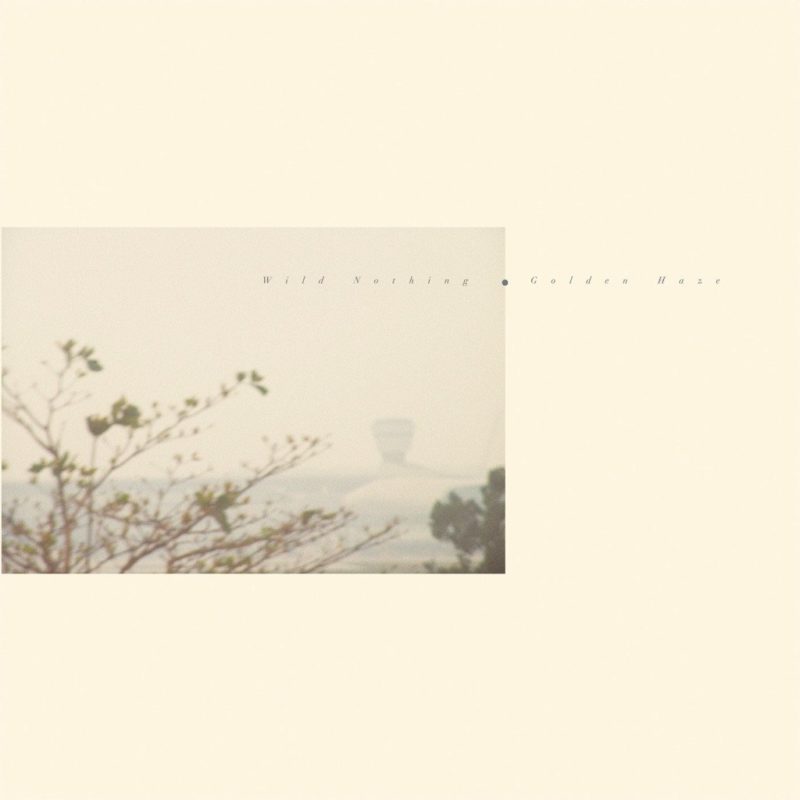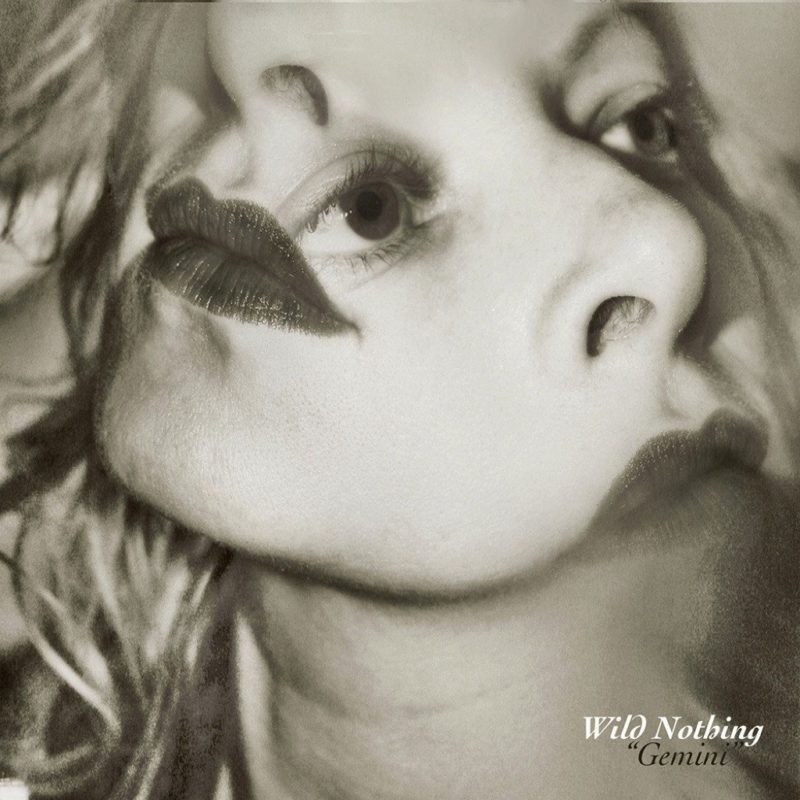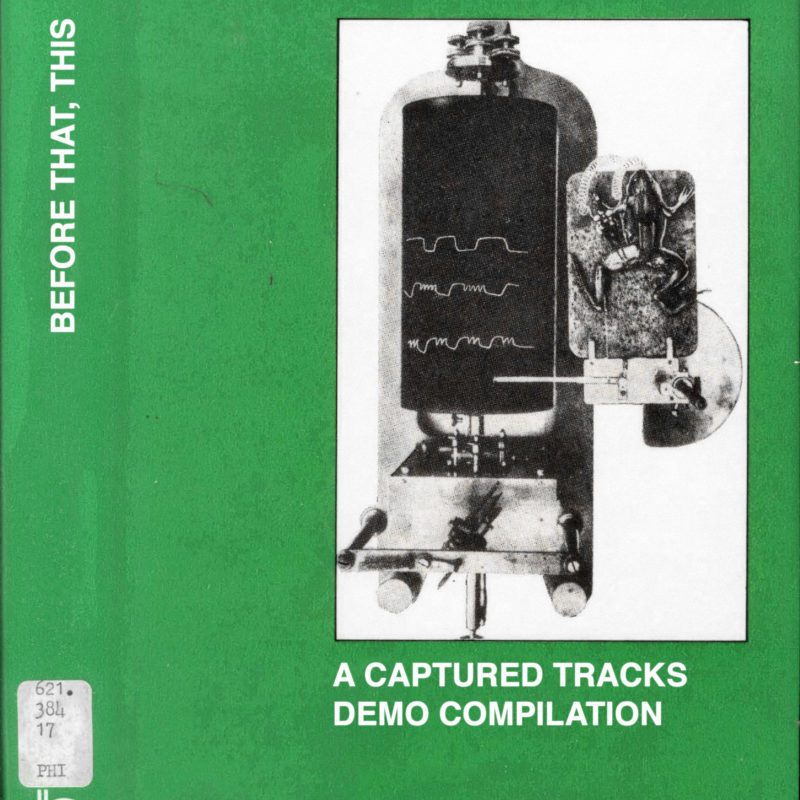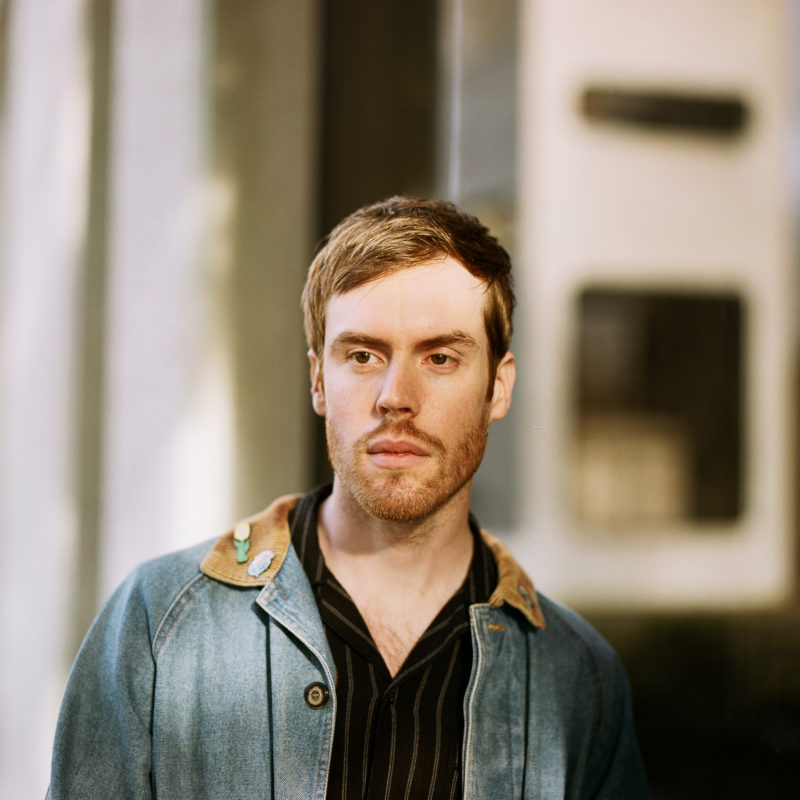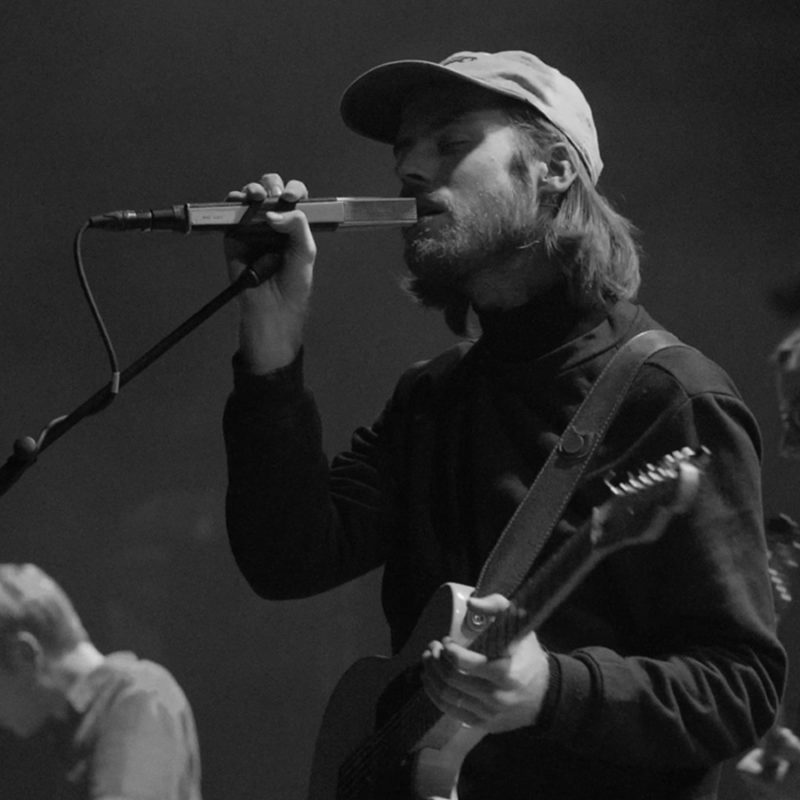More About Wild Nothing:
On “Basement El Dorado,” he sings about searching for heaven in a ruined world. “It’s a little bratty, but it’s also really about genuinely wishing there was a heaven—wouldn’t it be nice?” he said. “I didn’t want to get too heavy-handed about global warming and how the world is on fire, but I still wanted to get at the idea that this is what we’ve got. At least that’s how I view it. Heaven is a place on earth, and this is all we have.”
Tatum wasn’t necessarily thinking about spirituality back in 2019 when he started playing around with songs that would eventually make up Hold, but of course, life soon intervened. Back in February 2020, he had finished setting up a home studio in his Richmond house when his son was born. Weeks later, lockdown orders went out, and the sleepless nights of early parenthood slid into an even more profound isolation.
“Bringing new life into the world drastically changes how you define yourself and what your purpose is,” he said. “Before, I wrapped up so much of myself in my music and all of it, the writing, the traveling. That was really who I thought I was. The double whammy of having a kid and not being able to do that anymore—it exposed a lot about what is important to me. It made me understand much better why people gravitate to divine beliefs or why it feels so good to attempt to have an answer.”
Without eschewing the atmospheric avant-pop of his main influences, his existential moment did open a few new windows. “Early pandemic when my son was still an infant, one of the few things that I oddly found really calmed me down was dance music. I had so many sleepless nights awake with my headphones on, my son in his little sleeping pod next to me. Meanwhile I’d be listening to Underworld. Somehow it set my brain right”.
It’s hard to break new ground when writing about parenthood, but on Hold, Tatum leans into its exaltant mundanity and approaches the big questions obliquely. The baby is wide awake, the car is easing down the road, people are checking their reflections in the mirror.
Tatum moved from Los Angeles back to his home state of Virginia about five years ago in search of a scaled-back lifestyle. The relatively suburban environment—and the occasional regret it inspired—proved to be great artistic fodder. “You can make a big decision and be fully committed to it, know 100 percent that it’s the right choice and still have these moments of “Did we fuck up? Was this really the best thing for us to do?””
It’s the paradox of modern America—the suburbs are supposed to be stultifying to art, but they are so full of human desperation perfect for dramatizing. On “Suburban Solutions”, he presents an anti-jingle with an acidly bright synthesizer melody, imploring you to sign on the dotted line, put your feet up, and embrace sweet oblivion.
Adding to the song’s menacing cheeriness is a chorus-sung bridge, made with assistance from Molly Burch and Tatum’s wife, Dana, It was loosely inspired by the classic Martika song “Toy Soldiers” and the long-ago pop craze for children’s choirs, and he embraces the trend’s less-than-stellar reputation. “What’s so wonderful about being someone who is borderline obsessed with 80s music and is making music in 2023 is that I didn’t live through it. So I have no skin in the game about what was cool or not at the time.”
By design, Hold dwells in uncertainty and fear, but in a package that encourages meditation and some levity.
“In the face of the pandemic, I think being a parent really forced my hand,” Tatum said. “I felt that I had no other choice but to have a positive outlook on the world. Because if I were to give in at any moment and say, “Oh, everything is horrible,” then I’ll feel as if I’ve lost and I’ve given up on my son being able to thrive in this world.”
